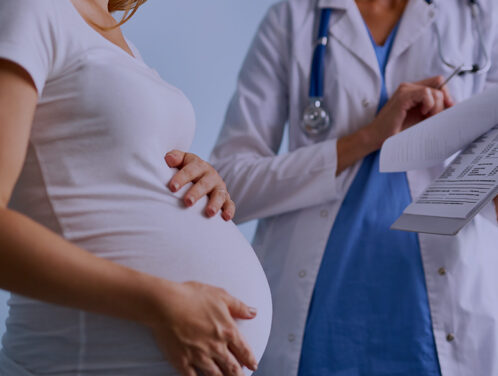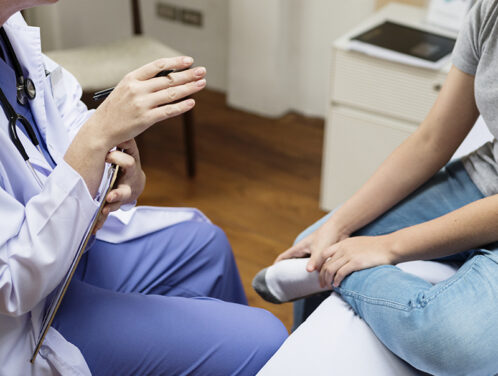You may know that changes in the balance of bacteria, pH and other elements in the vagina can cause yeast infections. But did you know that your vaginal microbiome—a collection of naturally occurring bacteria, viruses and fungi—can have an even bigger impact on your overall health?
What health conditions are affected by the vaginal microbiome?
Even though there are many different microbes in a healthy vagina, the proportion of microbes matters. Ideally, there will be many more Lactobacillus bacteria than other microbes. When your microbiome is out of balance, you may be more susceptible to:
- Yeast infections: One study found that women with certain types of Lactobacillus had more yeast organisms in their microbiomes than others.
- Urinary tract infections (UTIs): A review of scientific studies has found that “women with a disrupted vaginal microbiota are at increased risk of UTI,” although researchers don’t yet know why.
- Bacterial vaginosis (BV): When the bacterial balance in the vagina is disturbed, an infection can result. BV can be symptomless or cause itching and a fishy odor.
- Fertility problems: There’s some evidence that unbalanced vaginal microbiomes are linked to miscarriage and preterm birth, according to the University of Washington School of Medicine.
- Chlamydia: Researchers have found that “the microbiome can either protect or make a woman more susceptible” to this sexually transmitted infection, which the Centers for Disease Control and Prevention says can cause serious health problems like infertility and life-threatening ectopic pregnancies.
How can you keep your vaginal microbiome healthy?
A few basic self-care steps can help you maintain a healthy microbiome:
- Avoid using vaginal douches, because they can upset your microbiome and put you at risk for infection.
- Don’t use harsh cleansers around your vaginal opening. They can irritate the sensitive skin there and throw your microbiome out of balance. If you have sensitive skin, you may also need to avoid scented pads and tampons.
- Change out of wet swimwear and workout clothes as soon you’re done exercising. Damp clothing can promote the overgrowth of yeast in the vagina and lead to a yeast infection.
- Consider cutting back on sweets if you’re dealing with frequent yeast infections. Sugar may be a factor in vaginal yeast overproduction.
- Use condoms when having sex with a new partner and if you have multiple partners.
- See your doctor if you have vaginal symptoms like burning, itching, a rash, unusual discharge, a fishy odor or unusual bleeding. These can be signs of an infection that needs diagnosis and treatment.
You may also want to consider getting your microbiome tested by a qualified pathology laboratory, especially if you have recurring infections, have fertility challenges or are pregnant.
How can vaginal microbiome testing help you protect your health?
Because every vagina has a unique microbiome, knowing yours can help you and your health care providers understand your individual health profile better.
For example, testing can identify the most common kind of Lactobacillus bacteria in your vagina. That information can help uncover the cause of recurring infections or help your doctor pinpoint the type of infections you’ve been dealing with, so they can be treated properly. Regular testing may also be able to pinpoint changes in the microbiome that occur just before an infection takes hold.
Learn more about vaginal microbiome testing at MyPathAdvantage.com/faqs.






